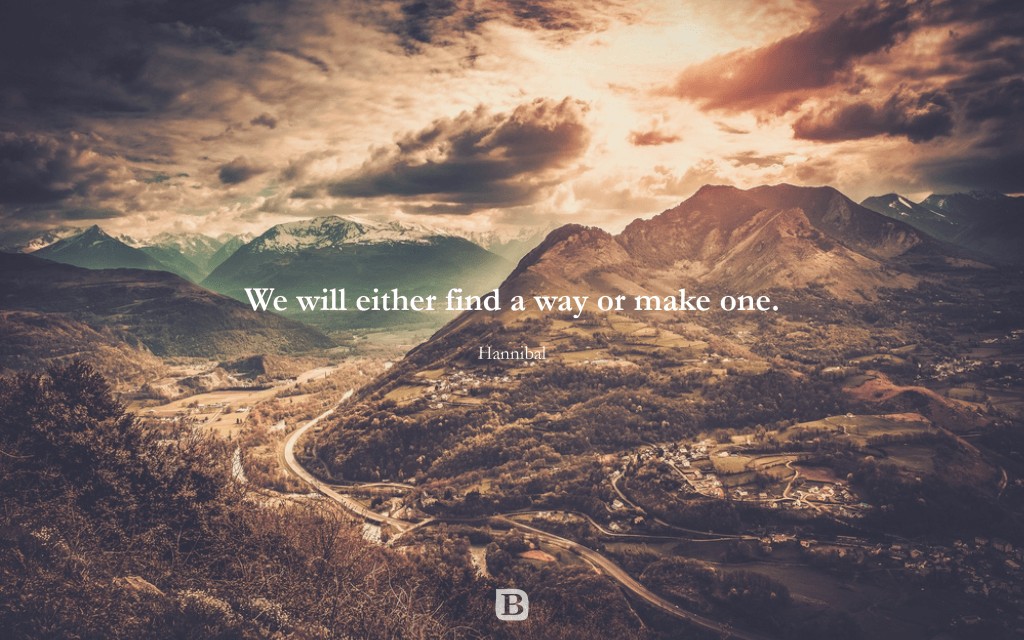There is a lot of conflicting advice from business/life coaches out there. One will tell you to slow down, the next will tell you to embrace the hustle. Your body screams for sleep, and your brain screams to get all the ideas out. What’s the independent researcher to do?
Be flexible.
Seriously. Some days you will have the energy to hustle hard, while others you’ll need to give yourself some room to just breathe.
I don’t believe in work-life balance. I believe in setting boundaries, knowing your natural tendencies. I believe in having open, honest conversations with your fellow human beings and negotiating as necessary. From there, you can hustle and balance as it fits your headspace.
Know your natural tendencies, then balance them.
What makes you tick? What sets you back? What causes anxiety? What gives you a burst of energy?
It’s not enough to say to people, “Do more of what makes you feel good, avoid those things that don’t.” It’s not practical, and some things that make you feel good (addictions) can be really shitty for you. Instead, you should know what your natural inclinations are and how you’re going to react to something that you have to do. Then, schedule an activity to balance you back out.
For example, I’m an introvert. Doing networking things is exhausting for me, and afterwards I just want to head out to the field and gather more samples. The last thing I want to do is go teach a class or meeting with a client to discuss the best way to go about fixing their soils after they tore their yard apart. So, I’ll schedule field work right after a networking event as often as possible.
Knowing things like this about yourself gives you the ability to set your schedule in a way you can hustle while keeping yourself sane.
Set working boundaries, and flex them often.
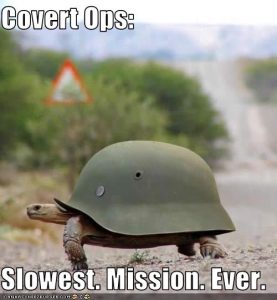 Boundaries. It’s a tightrope to walk. If you stay within them, you’re safe, calm, and collected. If you push them, you grow. That’s why you need to do both, based on the project your working on and other factors of your life in the moment.
Boundaries. It’s a tightrope to walk. If you stay within them, you’re safe, calm, and collected. If you push them, you grow. That’s why you need to do both, based on the project your working on and other factors of your life in the moment.
For example, you’ve landed an intense client that you’re doing work for, and the deadline is tight. You’ve agreed to get samples, run them, analyse, and then deliver a report including potential solutions. You can do it, but it will take focus.
In that moment you would make your boundaries a lot tighter. You’d say no to lunch out with friends, stay an hour later, go in an hour earlier, etc. Whatever it would take. But, after the project is over, you can release the boundaries again. Before you ever agree to the project, you would know this. You could tell the client that, “Yes, you could potentially do it within the time limit, but we charge a rush fee.”
Alternatively, if you don’t want to make the sacrifices, you could keep your boundaries as is, then tell the client that you need at least two more weeks to do the project.
Either way, the choice is yours.
The key in this game is to be aware of what you can and can’t do, what you are willing and not willing to sacrifice, and have the flexibility to negotiate around the finer points of agreements.
You can have both hustle and balance.
The misconception out there is that hustling means you give up everything. There are stories out there of business heroes that have slept in their offices while building their business. There are stories of extremes to make a dream happen. You need to embrace that amount of passion to hustle, even if you don’t embrace the extreme.
Stay with the passion and mission. You’ll get there as quickly as you can without burning yourself out.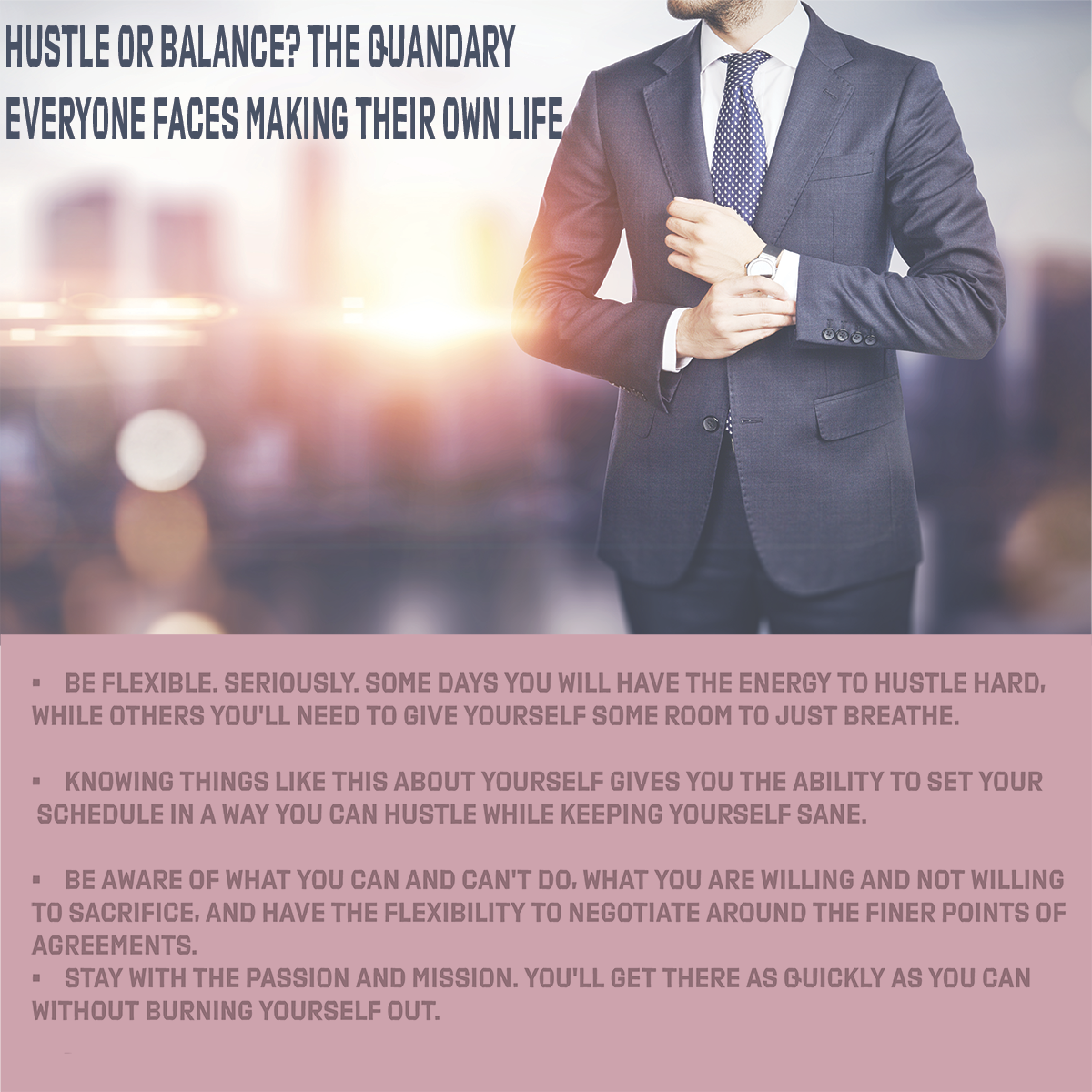
Share Hustle or Balance? The Quandary Everyone Faces Making Their Own Life
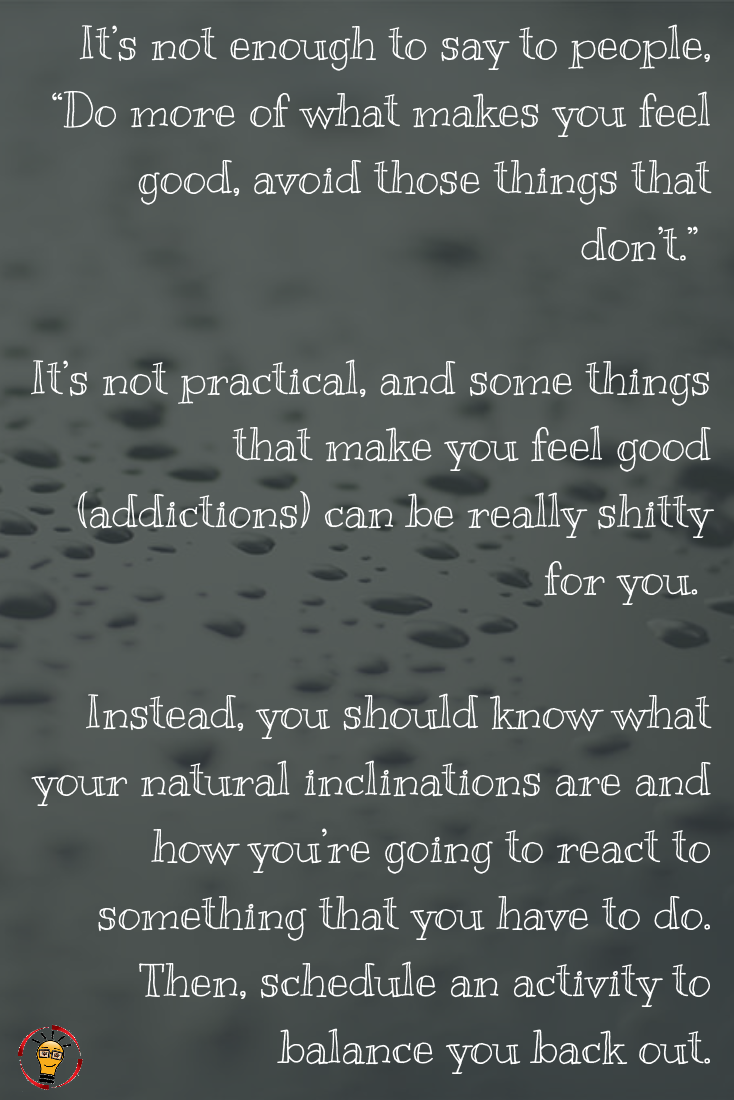 |
 |
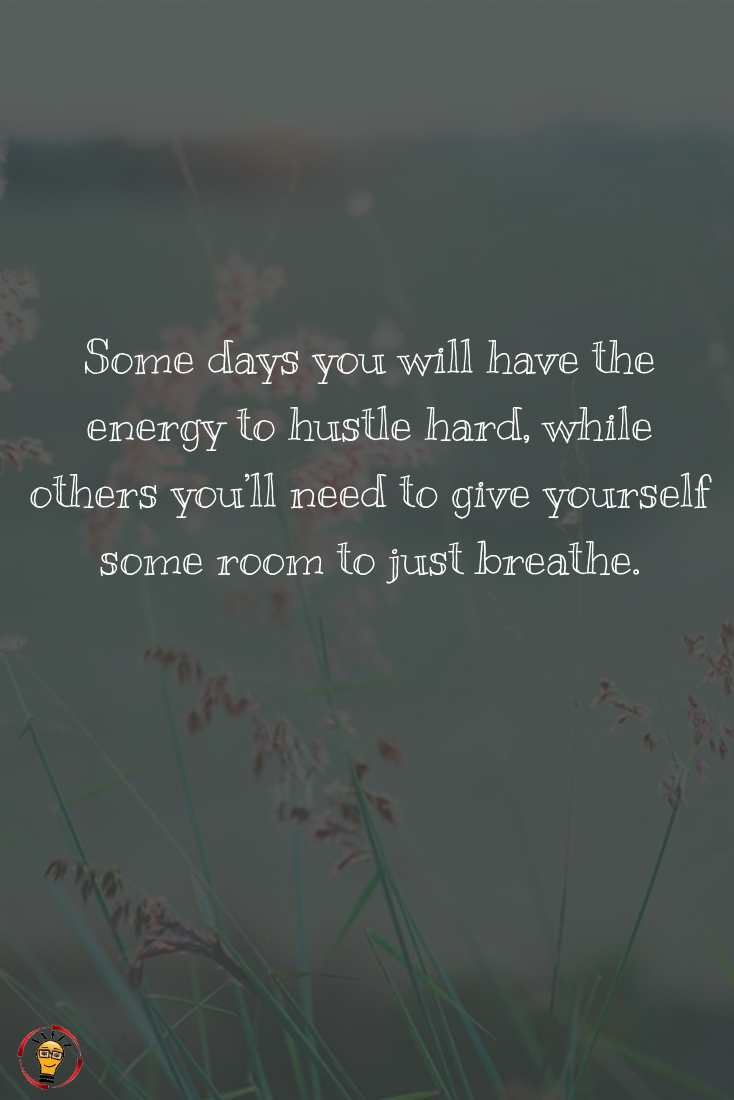 |
